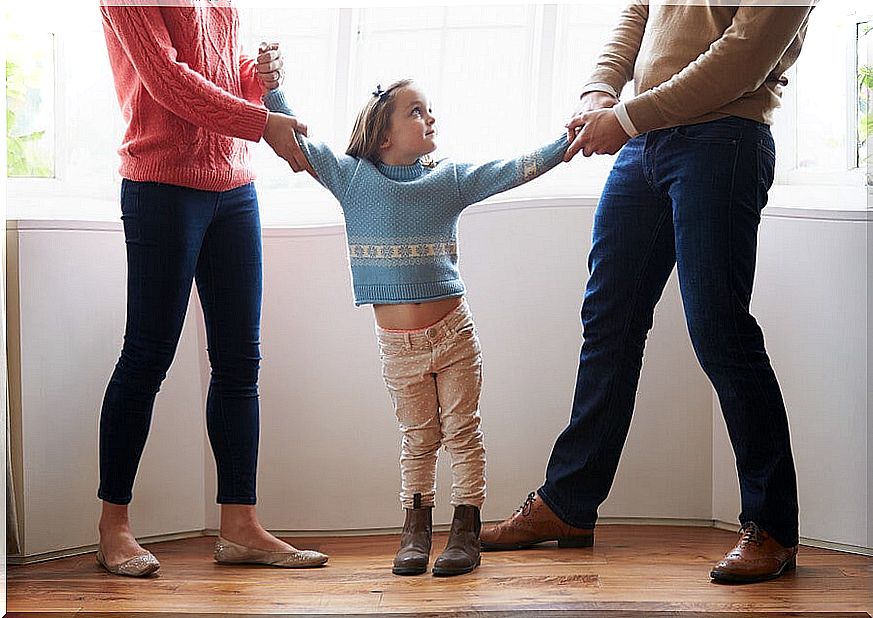Types Of Custody For Parents

When a couple with minor children decides to separate, parents are immediately concerned about what will happen to the children. Knowing the information about the types of custody for parents will facilitate a decision that can greatly affect the little ones.
Knowing that their parents will be separated, that the family will no longer be together in the same house, often affects children. If conflicts and fights over the types of custodians are added to this, the suffering will increase.
Ideally, everything should be done by mutual agreement, without fights or violent arguments . If this is possible, the children will be left out of all that difficult separation process that can be very traumatic.
Who will the children live with? What will the visits of the father or mother who do not live with them be like? What happens on vacation? Who will be in charge of decisions and authorizations regarding the minor? These and many other questions arise for parents who must choose one of the various types of custody that the law provides.
What are the types of custody for parents?
1. Exclusive custody
Statistics show that it is the most frequent system. When a couple separates, one of the parents is left in charge of the minor children. In this type of custody, the frequency of the visits of the father or mother who does not have custody is agreed.
Until a few years ago, the general belief was that children should stay with their mother in the family home . Therefore, with exceptions, the children remained under the guardianship of the woman. However, parents began to assert their rights; they considered that they were left out of the lives of their children.
In this way, and although the majority of exclusive custody is held by mothers, cases in which fathers request and assume them are also becoming frequent.

2. Joint or joint custody
Joint custody better serves the children’s need for both parents. It also contemplates the right of the father and mother to share life with their children.
In the case of joint custody, the children remain in the care of both parents, even if they live separately. The law does not usually determine specifically the times of permanence with the father or the mother; they will be the ones who regulate it. Psychologists do not advise this custody for children under the age of seven.
For joint custody to be established, parents must request it. In addition, both must show adequate living conditions to have the custody of children.
A healthy lifestyle and resources to care for minors are essential requirements for both parents for joint custody to be granted.
There are cases of joint custody in which the children always stay in the same house. It is the parents who take turns in it. In this way, they try to ensure that children have more stability and do not miss their home, when they spend time changing houses.
3. Distributive custody
In some very special situations, the judge may determine that the children be distributed between both parents. That is to say, some will remain under the guardianship of the mother and others under that of the father.
They are exceptional cases, in which the circumstances so require ; the impact on the children is greater, because the siblings separate.
The center of attention should always be the children
Children need stability to develop normally. Therefore, this must be the center of decisions regarding the future of minors in the event of separation or divorce; This will be the fundamental aspect that the judge who will resolve the matter attends.
Whatever the established modality, it is important that the child has his space. If the parents live in different houses, it is advisable to have their room in each of them.
The perfect situation for children does not exist when parents separate. However, the impact will be less if the parents act focused on the well-being of the children. This will require sacrifices and sacrifices, but children must be at the center of both of their attention.










